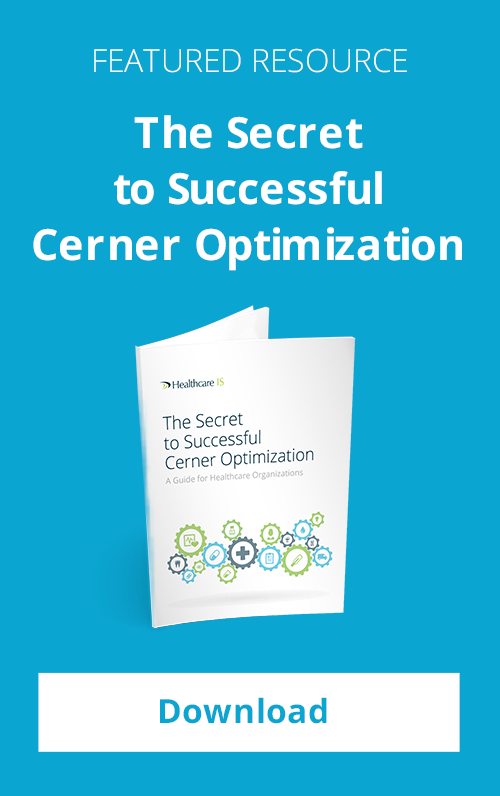The most important responsibility of an organization with 340B certification is staying in compliance. In developing policies and procedures to protect against any lapses, a covered entity should understand the particular issues that regulators are most likely to focus on. To properly manage some of these, a 340B consultant can often come in handy.
Here are some of the compliance pitfalls that your organization needs to avoid.
Patient And Facility Eligibility
One of the most basic tenets of the 340B program is that the discounted pharmaceuticals only go to the right type of patients. This is called preventing drug diversion. The reason underlying this is to prevent the program from being expanded too broadly, beyond the program’s mission, resulting in excessive discounts. All organizations should review the eligibility requirements in detail.
A Key area to focus on, however, is properly coding patients in relevant software so that 340B drugs are only given to outpatients at registered facilities. Furthermore, the prescriber must have a contractual relationship with the covered entity. To maintain compliance in these areas, the status of a patient must be backed up by medical records; eligible prescribing physicians must be updated frequently; and all outpatient facilities must be registered in the HRSA 340B database before dispenses occur.
Specific Regulatory Exclusions
OPA prohibits some or all covered entities from participating in certain practices. For all organizations, 340B drugs are not eligible for any Medicaid discounts. This is referred to as a duplicate discount and failure to abide by this and related state regulations can result in repayment of any discounts received. In order to avoid this, an organization must set up a system for handling drug dispensations to Medicaid outpatients. Those choosing to give such patients 340B drugs, referred to as Medicaid Carve-In, must register on the Medicaid Exclusion File and follow any additional state regulations.
Other areas to focus on are the GPO exclusion and Orphan Drug exclusion. The GPO exclusion only applies to disproportionate share hospitals, children’s hospitals, and free-standing cancer hospitals; it prohibits these organizations from using a group purchasing organization for obtaining 340B drugs. Accordingly, these organizations should have separate systems for GPO drugs and 340B drugs. The Orphan Drug exclusion only applies to certain organizations and restricts them from purchasing orphan drugs at a discount.
Coordinating With Contract Pharmacies
Coordinating overall patient records with pharmacy records can sometimes be a tricky process even with in-house pharmacies. Many 340B covered entities decide to use contract pharmacies. In cases like these, compliance can be even more difficult. Ultimately, the covered entity is responsible for ensuring compliance of their contract pharmacy arrangement(s) with all 340B Program requirements to prevent diversion and duplicate discounts as outlined in the contract pharmacy guidelines.
Most important is a written agreement (Pharmacy Service Agreement) between the organization and the contract pharmacy. The agreements should be active and up to date, with signatures from both the covered entity as well as the contract pharmacy. This agreement details the description of the activity between both parties.
Upon audit HRSA does request to see all agreements to verify an active contract between the entity and all contract pharmacies. On top of this, the contract pharmacy must be included in the entity’s 340B database entries as authorized dispensers. The contract pharmacy must ensure that all its dispensations follow the Medicaid selection of the covered entity and that all necessary records are maintained and transmitted to the organization in a quarterly reconciliation.
Developing policies, procedures, and IT systems to avoid these common missteps are the best way to ensure continued 340B program certification.
Learn everything you need to know about applying for the 340B discount drug program by downloading our white paper "How to Become a Federally Qualified 340B Health Center or Covered Entity".



Comments